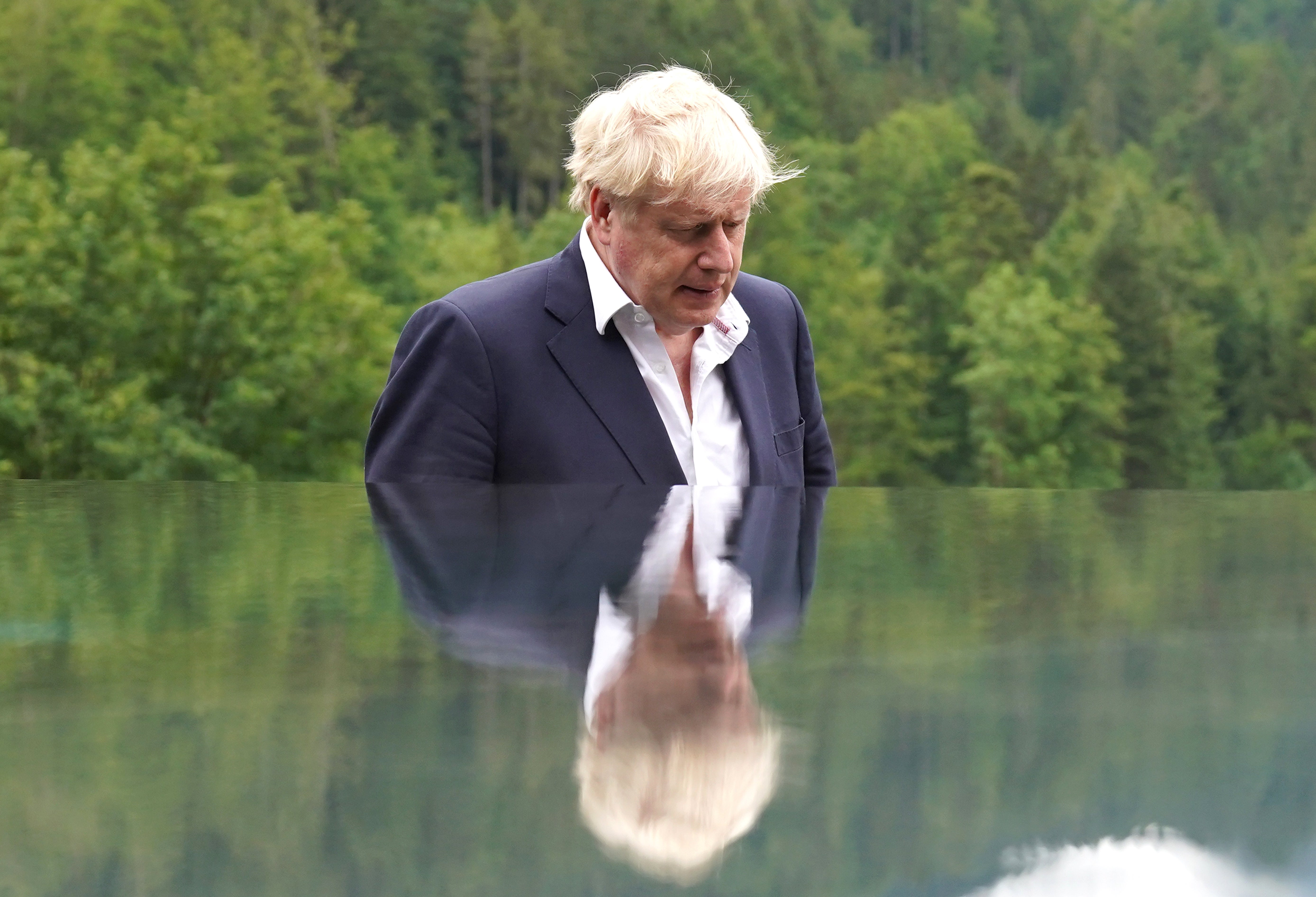Going places? Boris Johnson’s 2019 transport manifesto promises assessed
The Man Who Pays His Way: How has that 2019 Conservative manifesto aged in terms of transport and travel?

Simon Calder, also known as The Man Who Pays His Way, has been writing about travel for The Independent since 1994. In his weekly opinion column, he explores a key travel issue – and what it means for you.
By September, the transport secretary hopes to become the next prime minister. Following Boris Johnson’s ejection from No 10, in a manner that tests the limits of the term “undignified”, Grant Shapps has thrown his hat into the ring as possible successor at Downing Street.
Because the transport secretary will presumably be too busy to look back to the manifesto on which the Conservatives fought the 2019 general election, I have done the work for him – to see how well Mr Johnson’s government has performed in achieving its goals.
A Department for Transport spokesperson assured me: “This government has made record investments in transport and significant progress on our ambitions.
“We are continuing to restore lost railways, invest in a sustainable bus network and introduce new technology to improve the aviation industry.”
Let’s take a closer look.
HS2 high-speed rail
What the manifesto said: “HS2 is a great ambition, but will now cost at least £81bn and will not reach Leeds or Manchester until as late as 2040. We will … work with leaders of the Midlands and the North to decide the optimal outcome.”
What happened: The cost could reach almost £100bn – and that is even taking into account the decision to scrap almost all of the eastern leg of HS2 to Leeds. The “optimal outcome” for Yorkshire is to cut it out of the new high-speed line.
Reforming the railways
What the manifesto said: “The railways need accountability, not nationalisation. So we will end the complicated franchising model and create a simpler, more effective rail system.”
What happened: The railways have effectively been nationalised, with private and public-sector train operators running services as stipulated by the Department for Transport (DfT). A new organisation, Great British Railways – basically a reincarnation of British Rail – will take over in 2023.
Reopening old stations
What the manifesto said: “We will restore many of the Beeching lines, reconnecting smaller towns such as Fleetwood and Willenhall that have suffered permanent disadvantage since they were removed from the rail network in the 1960s.”
What happened: A feasibility study for restoring trains to Fleetwood is under way but there is no clarity on when a station might open.
Further “development funding” has been put in place for this and eight other schemes.
In the West Midlands, Willenhall station is set to open in 2023.
A Sunday-only summer service between Exeter and Okehampton in Devon has been extended to daily, and Reston station has reopened on the East Coast mainline between Berwick and Dunbar – though this was a Transport Scotland initiative.
Minimum service requirement
What the manifesto said: “We will require that a minimum service operates during transport strikes.”
What happened: After the first national rail strikes for three decades, the government says it is working on the legislation to require that a minimum service operates during transport strikes.
Buses
What the manifesto said: “We will invest in superbus networks with lower fares – flat fares in urban areas – and increased frequency. We will keep bus fares low, bring back and protect rural routes, and speed up your journeys. We will invest in electric buses, developing the UK’s first all electric-bus town.”
What happened: The government says it has provided over £2.5bn in new funding to support improvements to bus services. A further £50m funding has been awarded for the UK’s first all-electric bus city in Coventry.
Sustainable aviation
What the manifesto said: “We will build on Britain’s pioneering work in electric and low-carbon flight.”
What happened: Foreigh secretary Liz Truss flew to Australia and back in the government’s Airbus A321 jet in January, even though scheduled services on Qantas at almost exactly the same time were readily available. The decision cost taxpayers £500,000 and created 500 tons of CO.
It followed news that, from April 2023, Air Passenger Duty will be halved for UK domestic flights – incentivising passengers to switch from train to plane.
Subscribe to Independent Premium to bookmark this article
Want to bookmark your favourite articles and stories to read or reference later? Start your Independent Premium subscription today.

Join our commenting forum
Join thought-provoking conversations, follow other Independent readers and see their replies